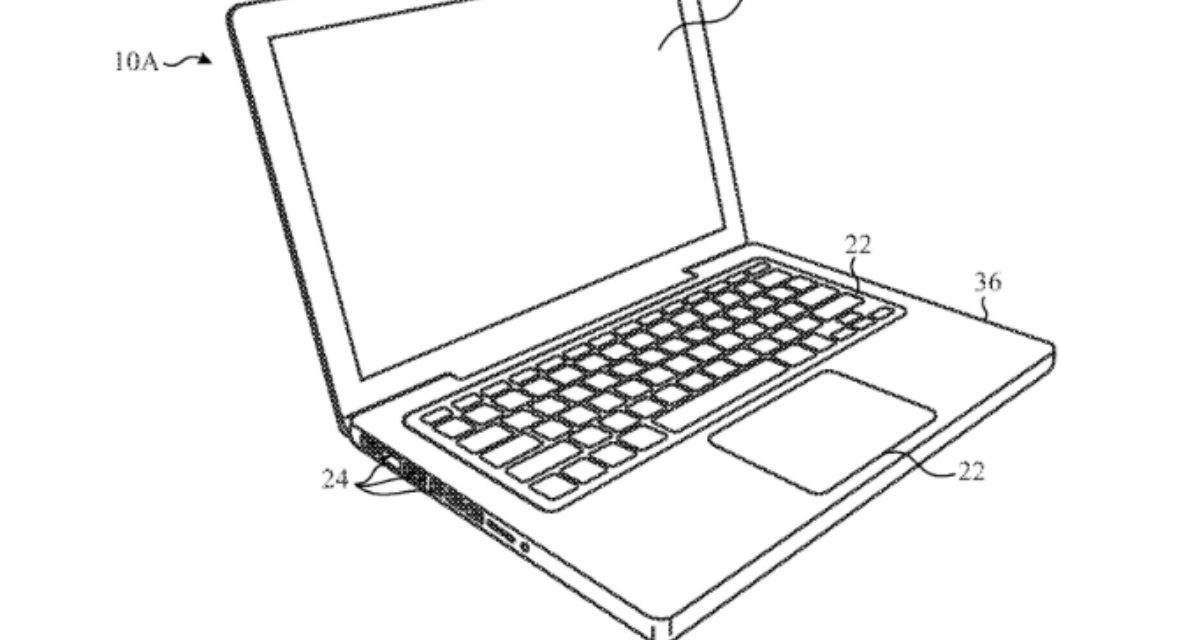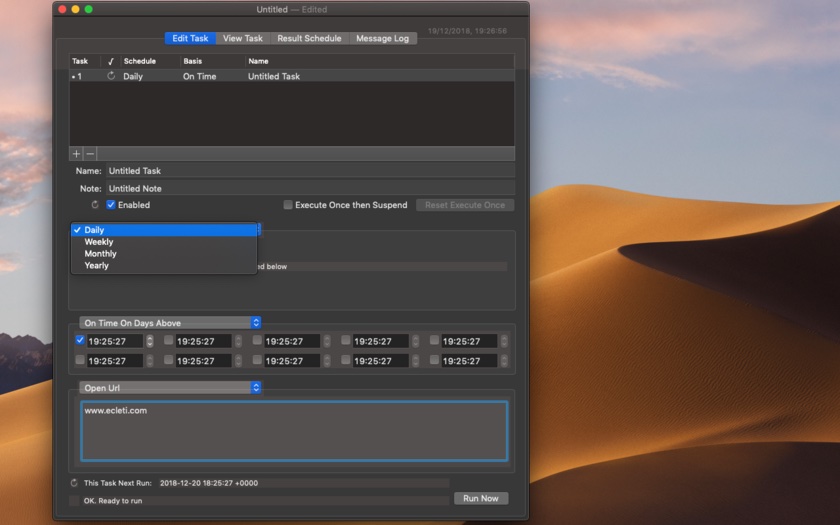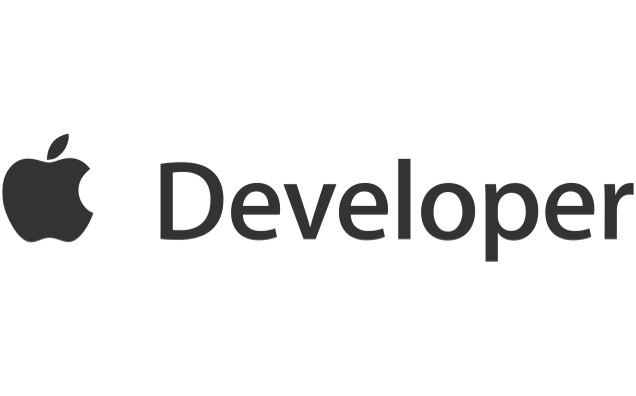Future Mac laptops could have trackpads with built-inn magneto-inductive charging for charging iPhones and iPads.
About the patent
Apple has been granted a patent (number US 11923702 B2) for “Magneto-inductive Charging And Communication In Electronic Devices.” The goal is for Mac laptops to be equipped with a magneto-inductive charging system built into a laptop that could juice up smartphones and smart watches.
What’s more, such a system would allow all the devices to communicate the absence of cellular and/or Internet connectivity. Why?
Apple notes that within certain environments (e.g., underwater environments, underground environments, high-altitude environments, rural areas, and so forth) wireless electronic devices may not be able to connect to, for example, cellular networks and/or internet networks. Thus, the wireless electronic devices may not be able to communicate in such environments. (Of course, if you’re using a Mac underwater, you’re using it all wrong!)
Summary of the patent
Here’s Apple’s abstract of the patent: “Methods and devices useful in performing magneto-inductive charging and communication in the absence of a cellular and/or internet network connection are provided. By way of example, an electronic device includes inductive charging and communication circuitry configured to receive a signal configured to induce a charging function based at least in part on an inductive coil coupled to the inductive charging and communication circuitry.
“Inducing the charging function includes charging an energy storage component of the electronic device. The inductive charging and communication circuitry is also configured receive an indication to switch from the charging function to a communication function. The communication function is based at least in part on the inductive coil. The inductive charging and communication circuitry is further configured establish a communication link between the electronic device using the inductive coil to transmit and receive communication signals.”
Article provided with permission from AppleWorld.Today




